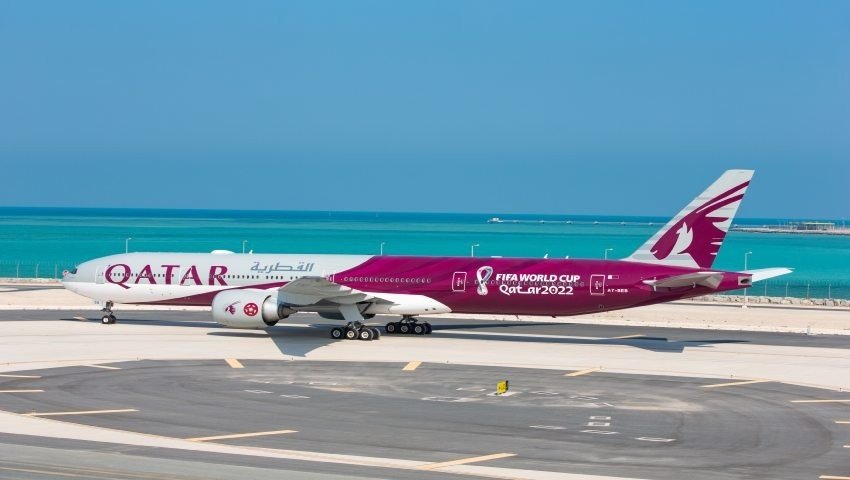Doha — In a major milestone for the aviation industry, Qatar Airways has officially activated Internet Protocol Version 6 (IPv6) across its digital infrastructure, marking a significant leap toward future-ready, secure, and scalable travel technology. The initiative, supported by the Communications Regulatory Authority (CRA), aligns with Qatar National Vision 2030 and the country’s broader ambition to become a global digital hub.
This transition from IPv4 to IPv6 enhances network efficiency, cybersecurity, and scalability, enabling Qatar Airways to integrate cutting-edge technologies such as smart travel systems, in-flight IoT connectivity, and real-time data analytics. The move also positions the airline to support an expanding ecosystem of connected devices that drive smart airport and digital aviation operations.
Why IPv6 Matters
IPv6—the latest internet protocol—provides an almost limitless pool of IP addresses, ensuring that every connected device, from aircraft sensors to passenger applications, can operate seamlessly and securely. For Qatar Airways, it means enabling innovations like AI-driven operations, cloud-based passenger services, and real-time asset tracking, all while strengthening cybersecurity against emerging digital threats.
Collaboration with CRA
The Communications Regulatory Authority played a central role in facilitating the transition, offering regulatory and technical oversight to ensure compliance with international standards. The CRA’s IPv6 Taskforce is part of Qatar’s long-term digital infrastructure program, promoting IPv6 adoption across telecom, aviation, and public sectors—key to achieving a connected, knowledge-based economy.
Ali Al Suwaidi, CRA’s Director of Technical Affairs, noted that IPv6 implementation will “strengthen Qatar’s digital economy and create a foundation for advanced technologies such as smart cities and next-generation communication services.”
Driving the Future of Digital Travel
Suhail Kamil Kadri, Chief Information Officer at Qatar Airways, emphasized that IPv6 adoption is “a strategic investment in innovation, ensuring Qatar Airways remains at the forefront of digital aviation.” The upgrade allows the airline to scale future services, improve data-driven decision-making, and offer enhanced passenger experiences through seamless digital connectivity.
This development not only modernizes Qatar Airways’ systems but also serves as a benchmark for other airlines in the region, showcasing the benefits of public-private collaboration in driving national digital transformation.
Building a Smarter, Connected Future
The IPv6 transition contributes directly to Qatar National Vision 2030, reinforcing the nation’s leadership in smart infrastructure and digital governance. With IPv6, Qatar Airways can power advanced technologies—from real-time IoT integration to machine-to-machine communication—that redefine the travel experience for passengers and operators alike.
As Qatar continues to implement its nationwide IPv6 strategy, this milestone by Qatar Airways highlights how digital innovation, regulatory support, and corporate leadership can combine to accelerate a country’s journey toward a secure, connected, and resilient digital economy.















